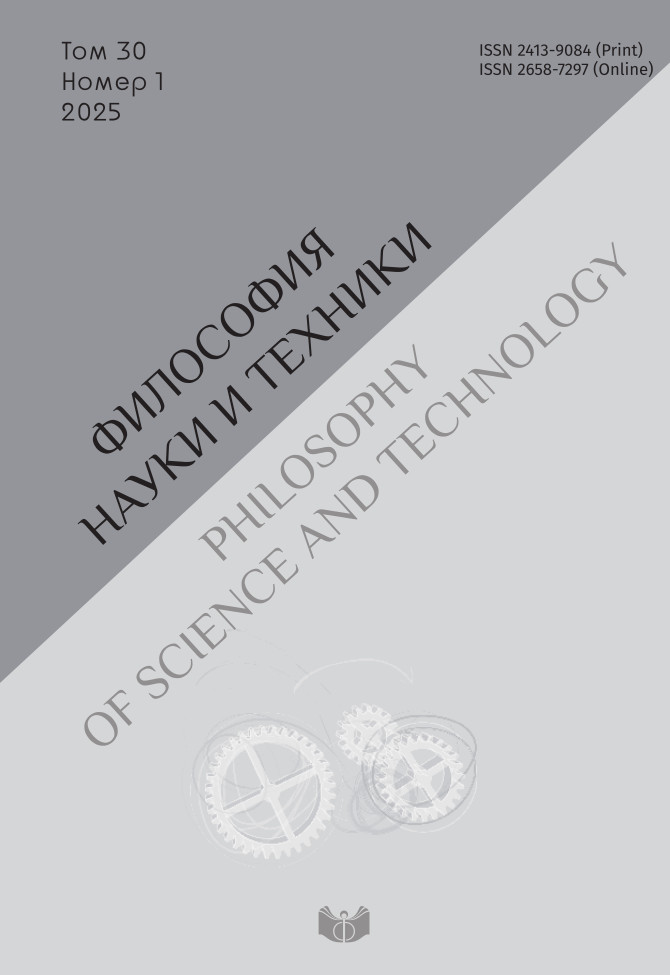“Philosophy of physics: towards new principles of scientific knowledge” (Moscow: Infra-M, 2021. 203 pp.)
DOI:
https://doi.org/10.21146/2413-9084-2025-30-1-163-170Keywords:
philosophy of physics, philosophy of consciousness, eternity, space, time, mathematical Platonism, picture of the world, matter, relative and absoluteAbstract
Communication with science is necessary for the development of philosophy. The purpose of the review of the book by I.A. Karpenko “Philosophy of physics: towards new principles of scientific knowledge” is to identify in a historical and philosophical context the significance of physical theories for the worldview, the picture of the world that they form. According to one of the physical theories, time is a property of a distant surface on which there is no time. This correlates with Plato’s ideas about time as a projection of eternity. Multidimensional space, such as the 10 dimensions of string theory, which defines the structure, fundamental qualities of the world and the objects located in it, is also more likely to correspond to the ideas of Plato, rather than Aristotle. Widespread are theories of multiple universes, whose existence is justified theoretically, based on mathematical proof and not empirically. Accordingly, there is a removal in the criteria for the truth of a scientific theory towards mathematical proof. I.A. Karpenko is inclined to believe that mathematical Platonism is true, the basis of reality is mathematics, and sufficiently complex mathematical structures determine consciousness. As a conclusion, ideas about consciousness are debatable, and in modern physics there is an emerging picture of the world as a multidimensional multiverse.











